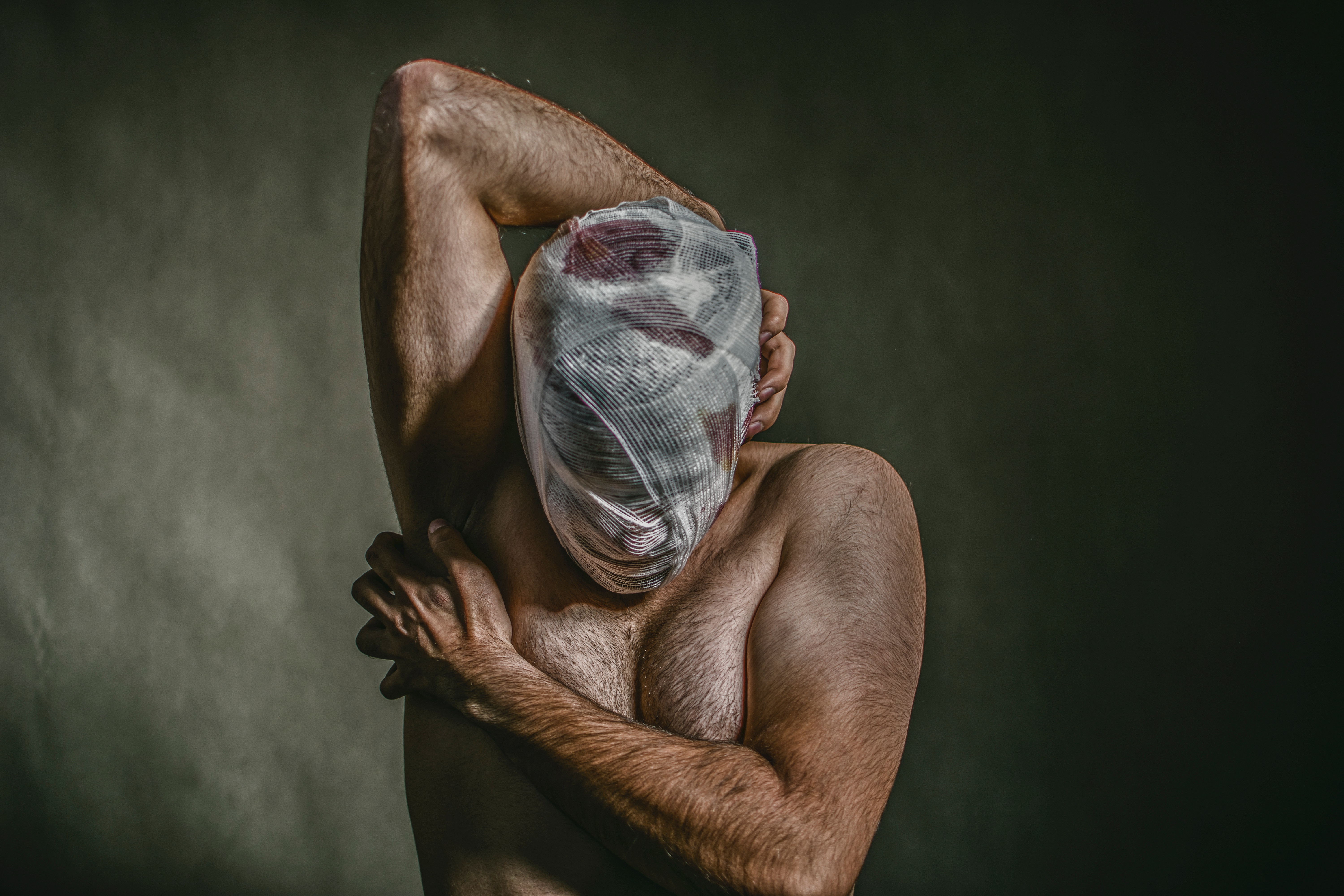In prison, sanity is balanced by lost years and steel doors. Stick takes our workshop audiences on a quick mental venture as he compares freedom to lines captivity.

2nd Chance University keeps the experience real, giving all a taste of what life behind bars is like in an effort to pull workshop participants back onto their path.
Stick
Lines are formed in a silent hypnotic manner as we are told how to walk, where to sit, and when to think. Don’t talk or act on your own initiative, for those things are reserved for the free world.
Obey, work, obey, work, and then you notice a faraway look in your coworker’s cold gray eyes. Where is he looking?
For some it’s 2025 and for others 2040. Still others can only look back in time to that one precious thought, that real moment in time, freedom, knowing they will never hold freedom ever again.
Interactive Insight
In the eyes of an ex-convict, what do you think freedom means? Why would Stick claim they will never hold freedom ever again?
- To an ex-convict, what do you believe freedom means?
After our work day we silently shuffle down the quarter-mile-long hallway that connects to our wings. They lead us to our six-by-nine-foot homes.
Cruel steel doors loudly slam behind us as we step inside the small, dreary existence of home. The few possessions we are allowed to keep try to fill the emptiness of our cement boxes.
Pictures from home, a small plastic radio and commissary goods are no match for the colorless white and gray that overwhelms our comfortless cells. But in this apathetic world these small concessions mean as much as having a ten thousand dollar bank account in the free-world.
Interactive Insight
- If you were in prison, what possessions would you hold most dear and why
Day becomes night and night becomes day with little variation in most of our lives.
We think back on past mistakes that relentlessly chew on our memories.
For most of us these memories are hurtful and hateful things we try to erase, but they continue to creep, crawling into our awareness like a stinging scorpion. Heartaches and headaches are now measured in choices that were wrong.
Sanity is balanced by lost years and steel doors.
We suffer from a broken past and a distant, uncertain future of when and how. When are we going to get out, and how? Walking or carried out feet first?
Depression and doubt constantly lurk in the shadows of our mind. Insanity hides just behind them.
Interactive Insight
- Do you believe Stick’s words ring true to what it’s like in prison? Why or why not? What do you think prison is like on the soul and sanity?
I welcome your stories to be added into our series. If you chose to share or support, email me directly.
For those wishing to introduce 2CU and our programs into an organization, institution, or facility, step forward; together we can make a difference.
Danny Huffman
407-878-0474
2nd Chance University
http://www.2ndChanceUniversity.org
dhuffman@2ndChanceUniversity.org
 Living behind bars means no identity other than 6 or 7 digits surrounding his or her every move. Think ab out how your sense of identity would be without a name and with an objectified history defining your Looking Glass Self theory.
Living behind bars means no identity other than 6 or 7 digits surrounding his or her every move. Think ab out how your sense of identity would be without a name and with an objectified history defining your Looking Glass Self theory. What does it mean to be invisible? There’s no such concept as no matter who you are, others see and define based upon pre-conceived misconceptions supporting personal agendas and deficiencies.
What does it mean to be invisible? There’s no such concept as no matter who you are, others see and define based upon pre-conceived misconceptions supporting personal agendas and deficiencies.